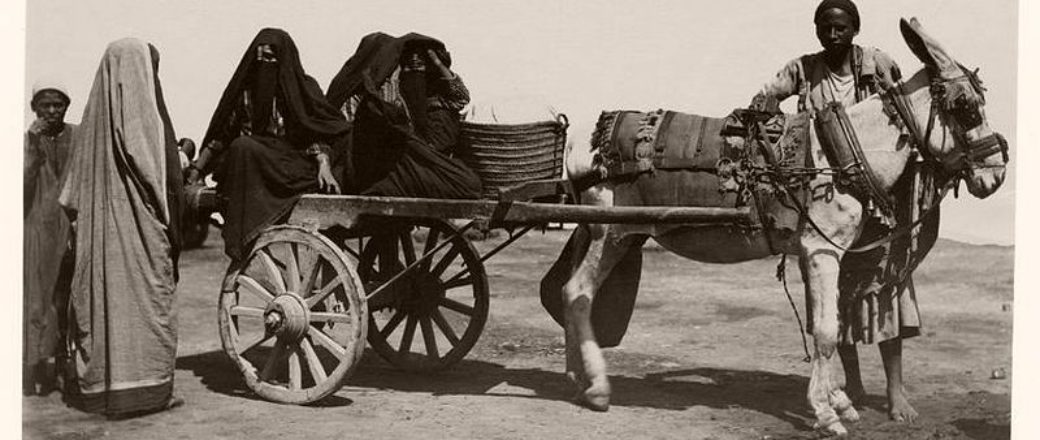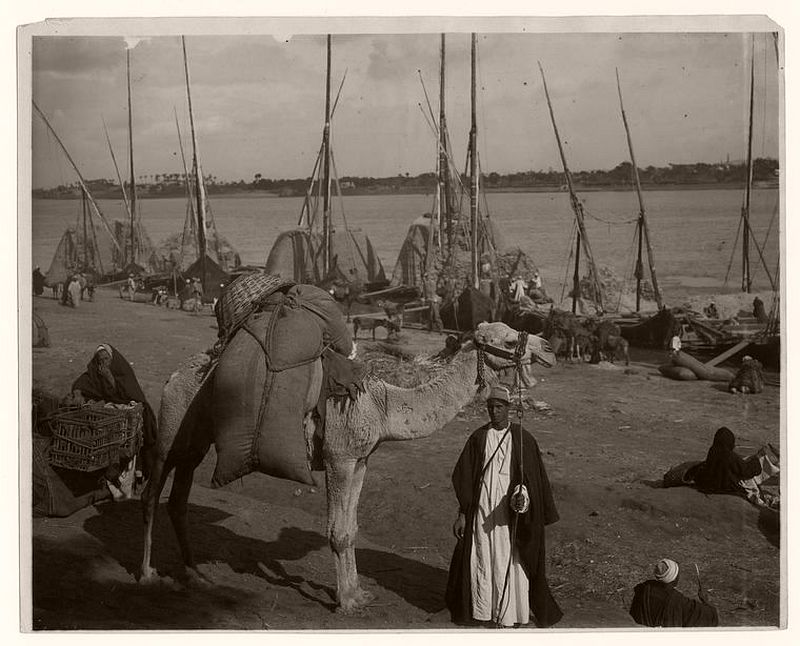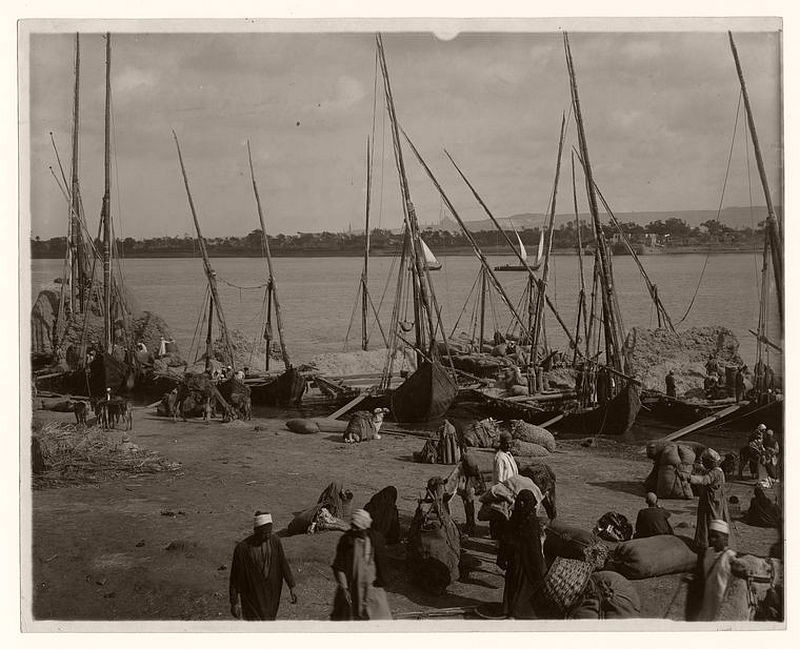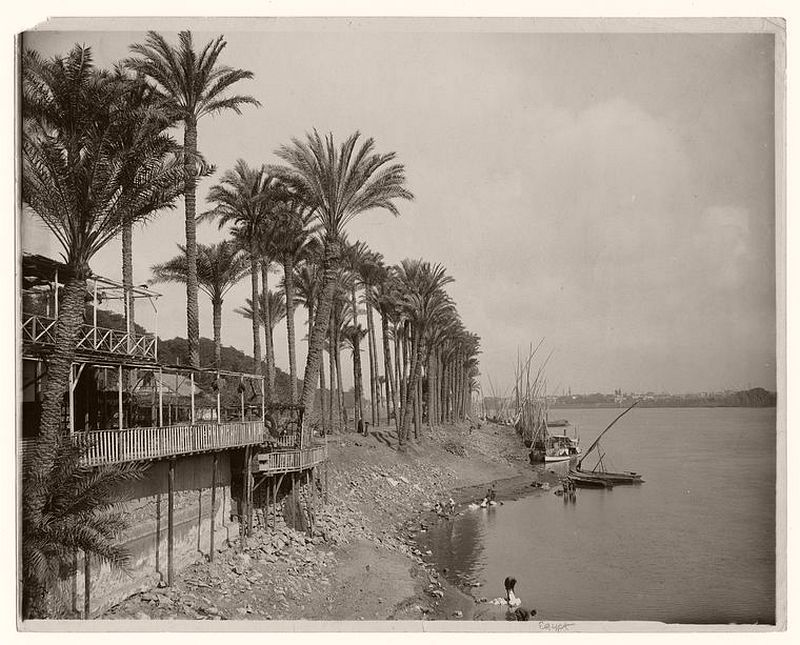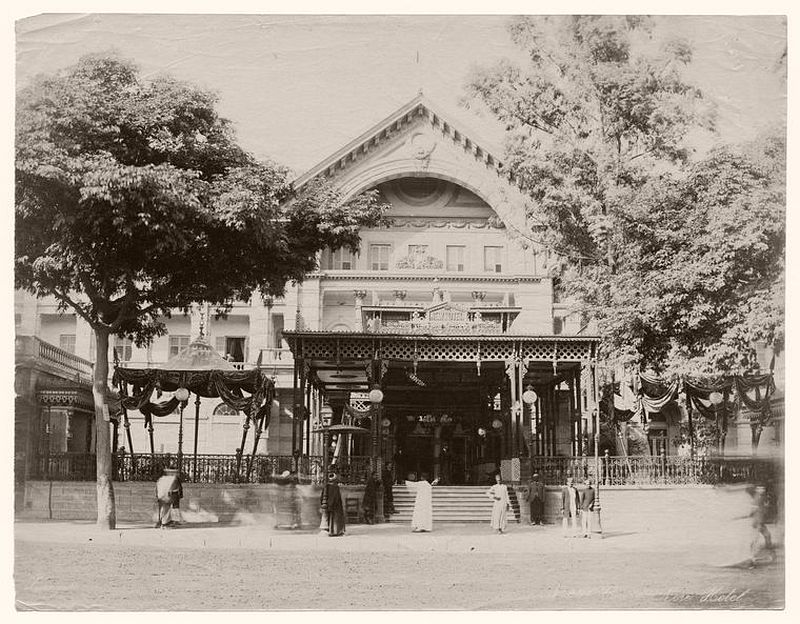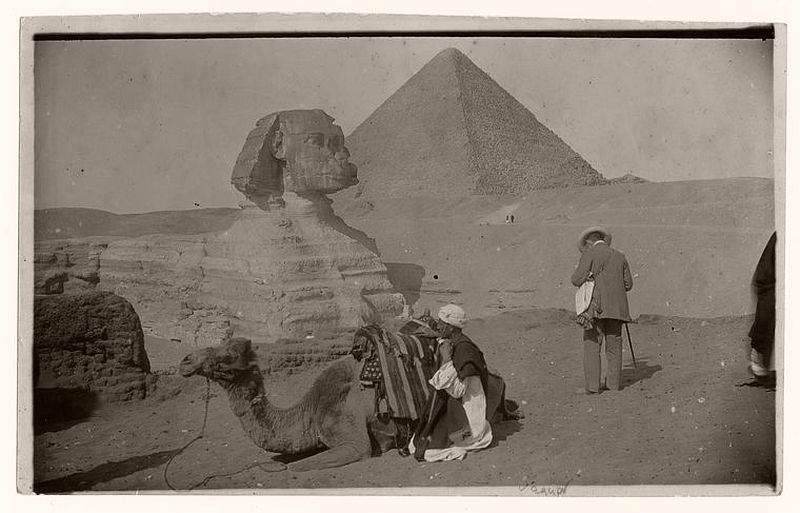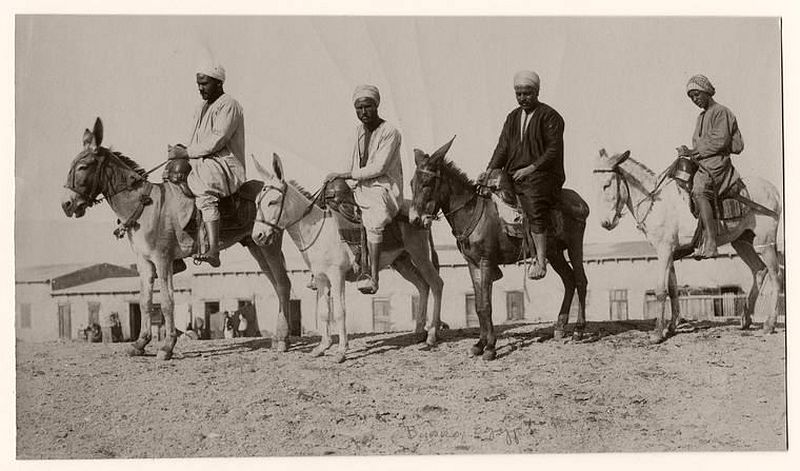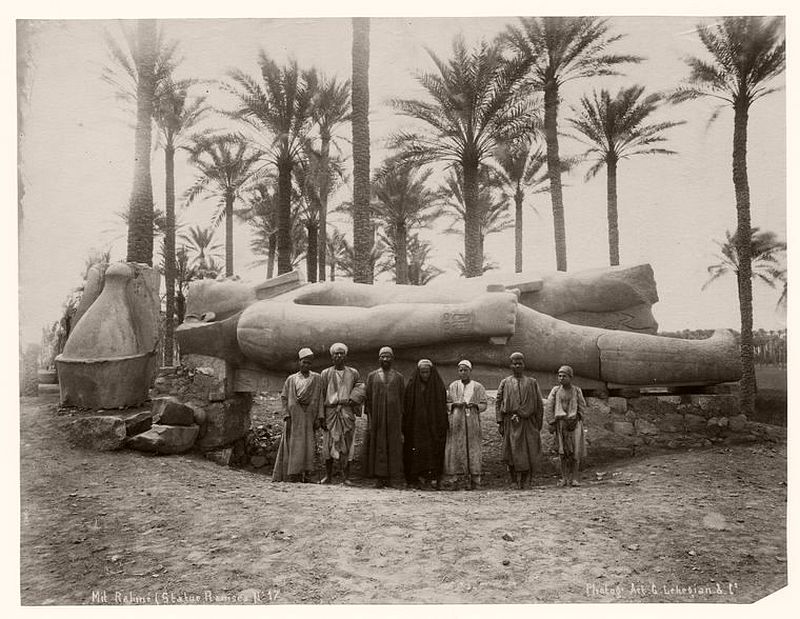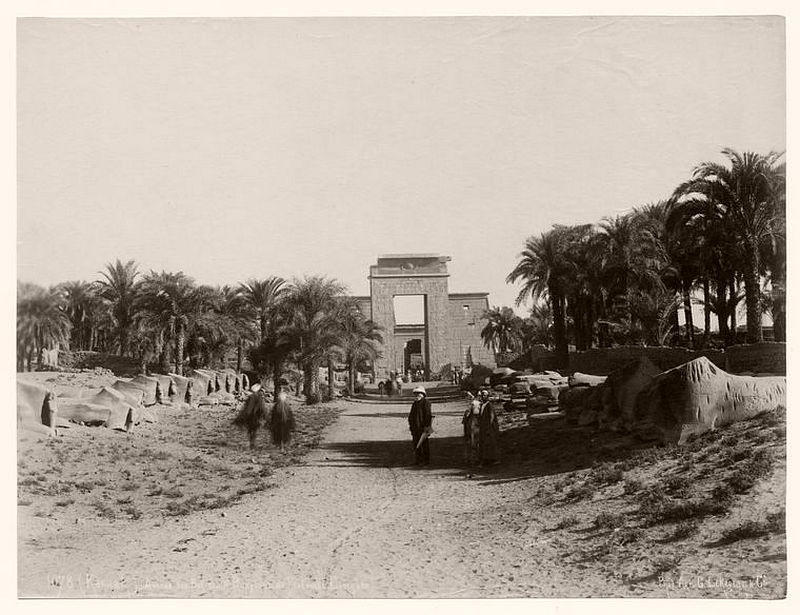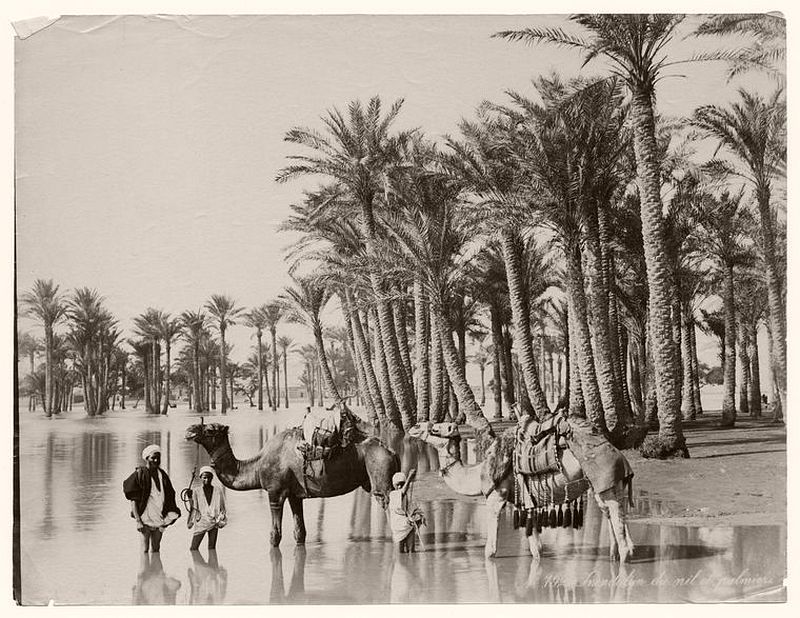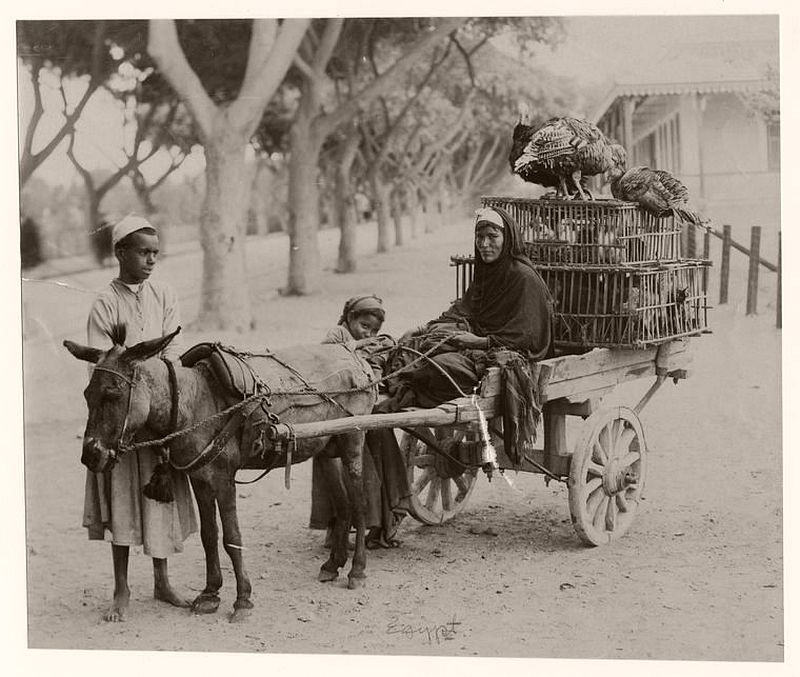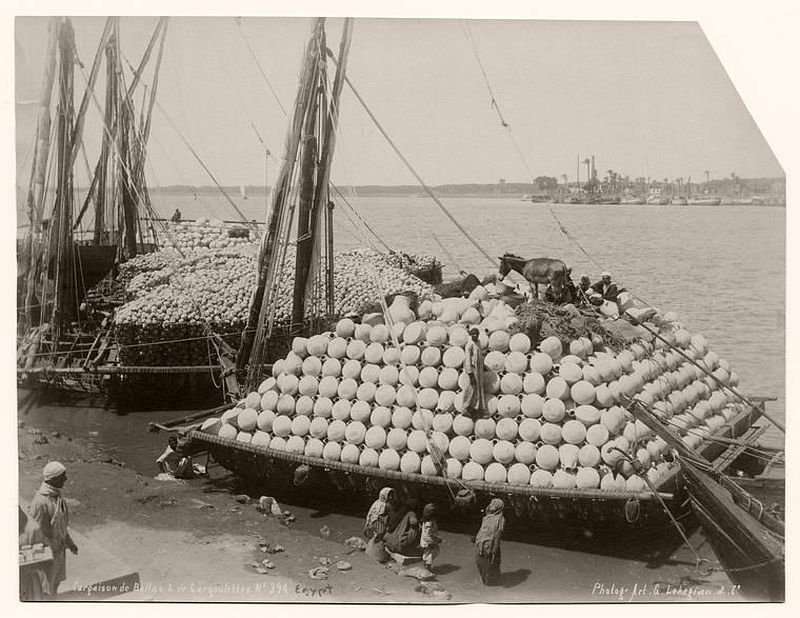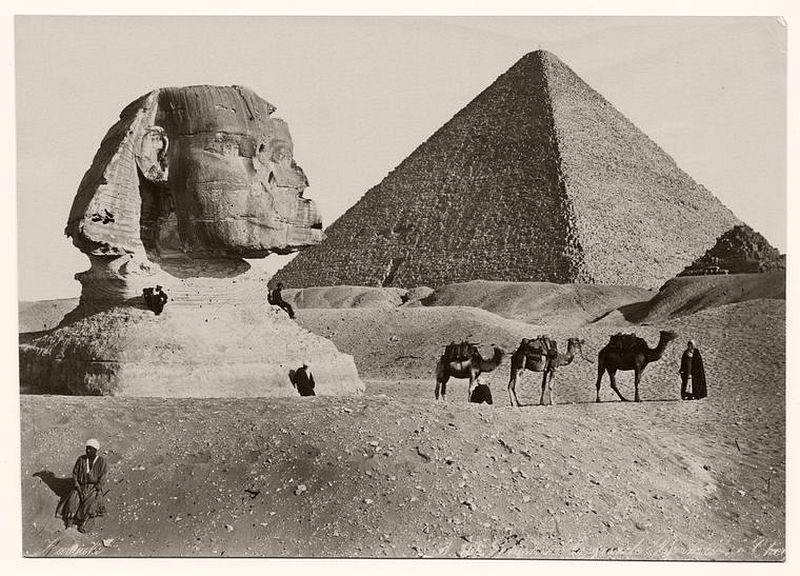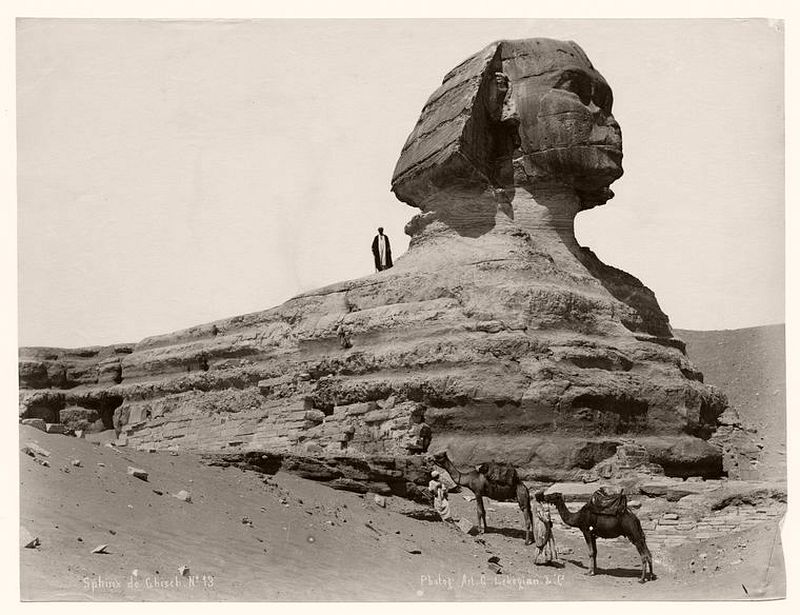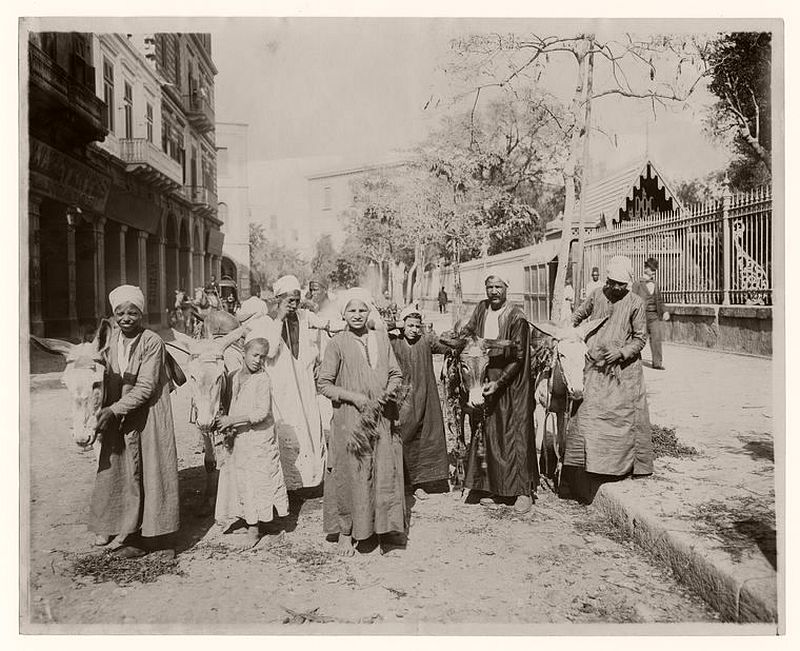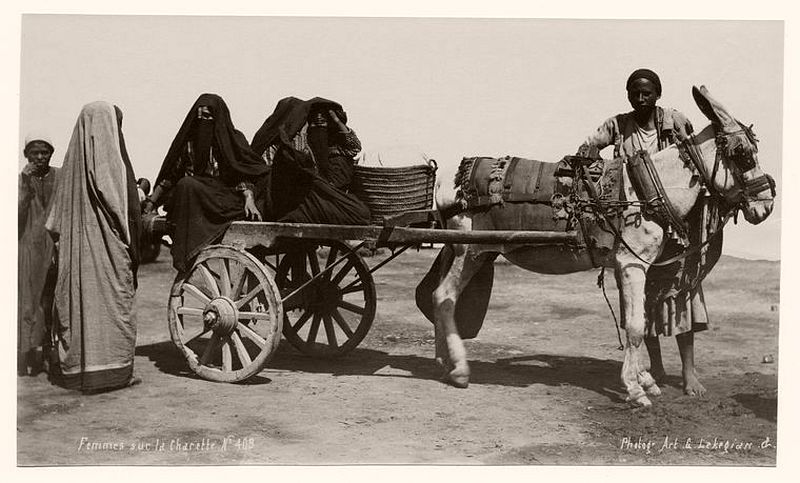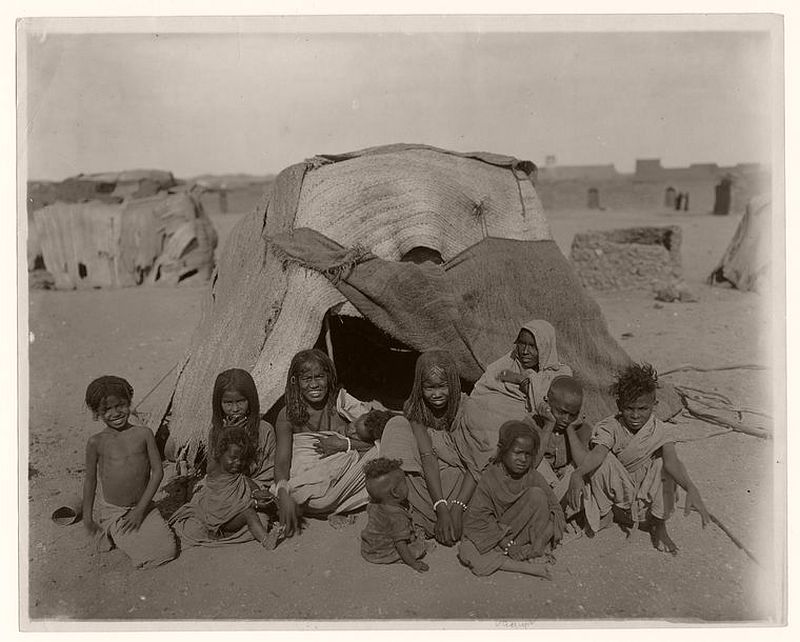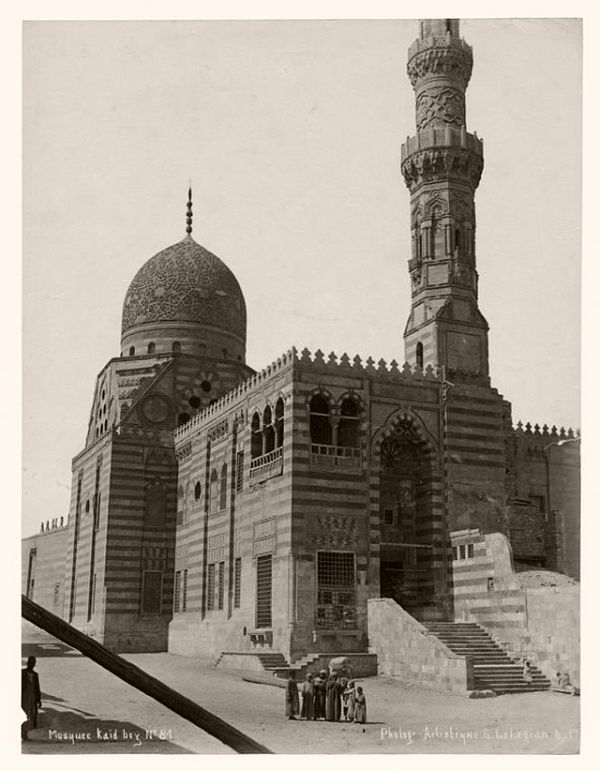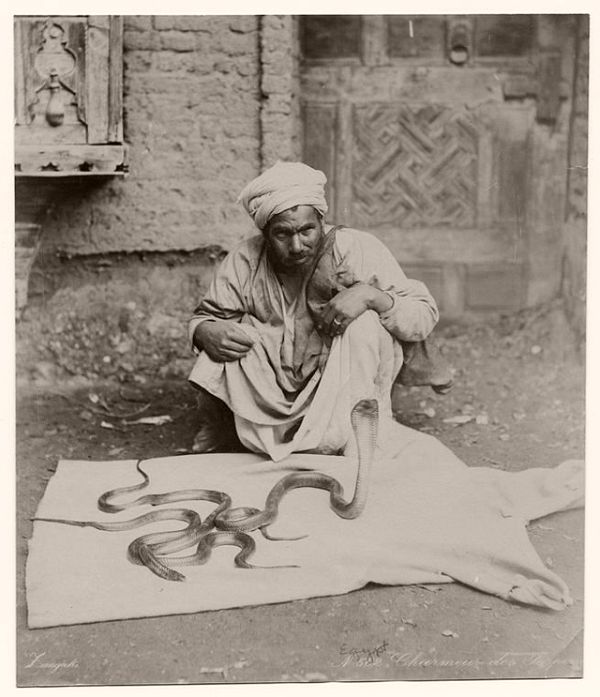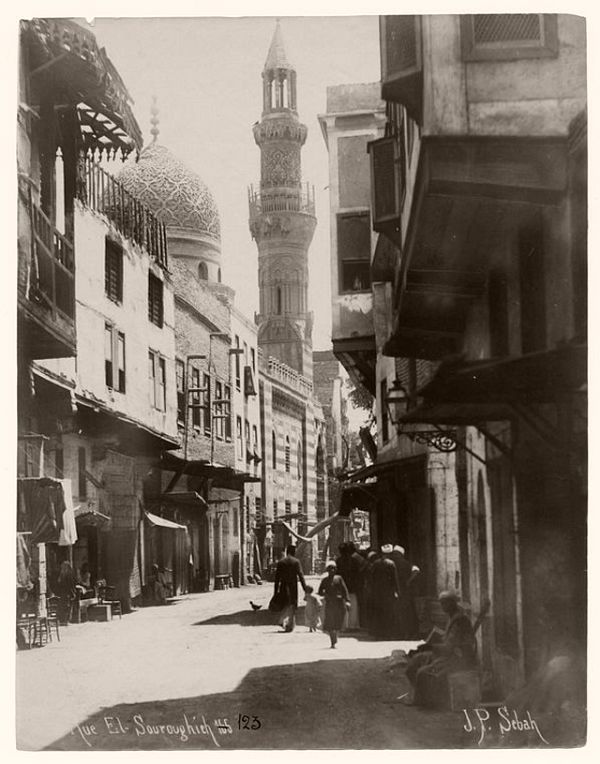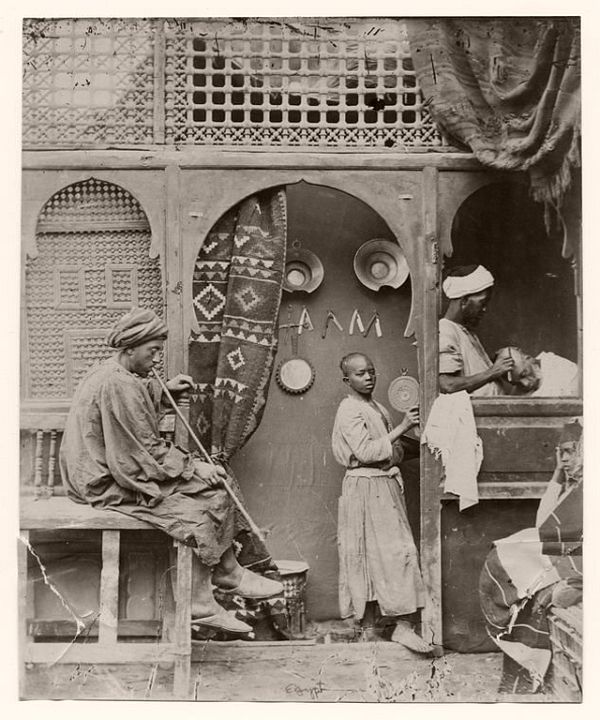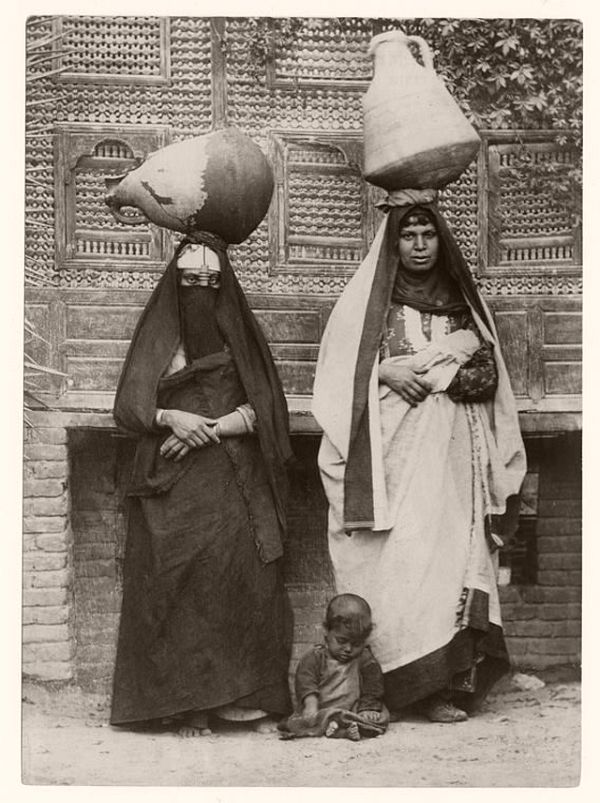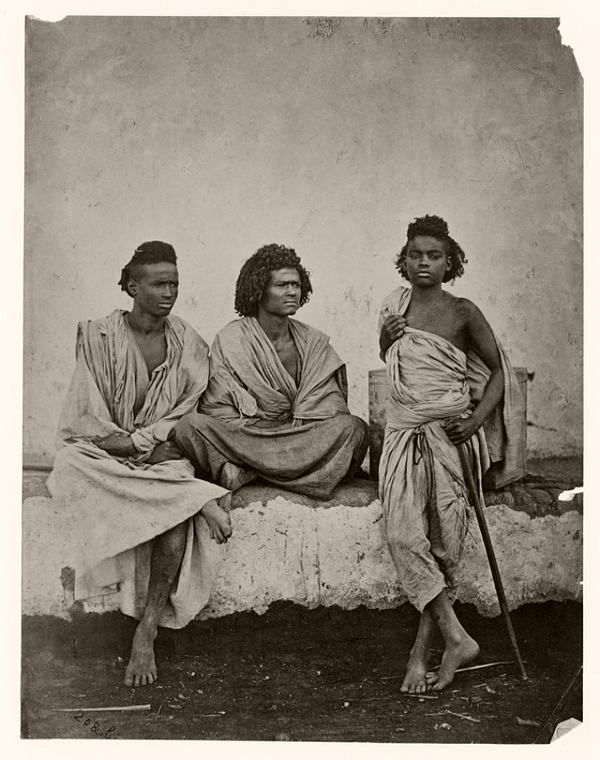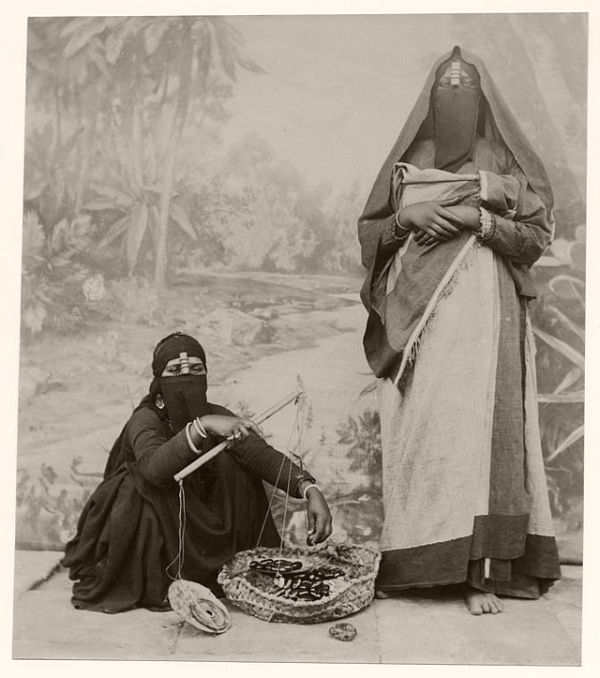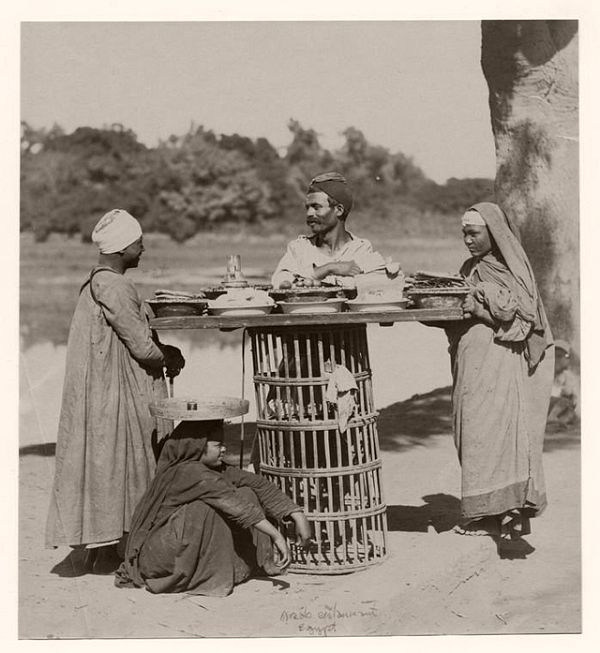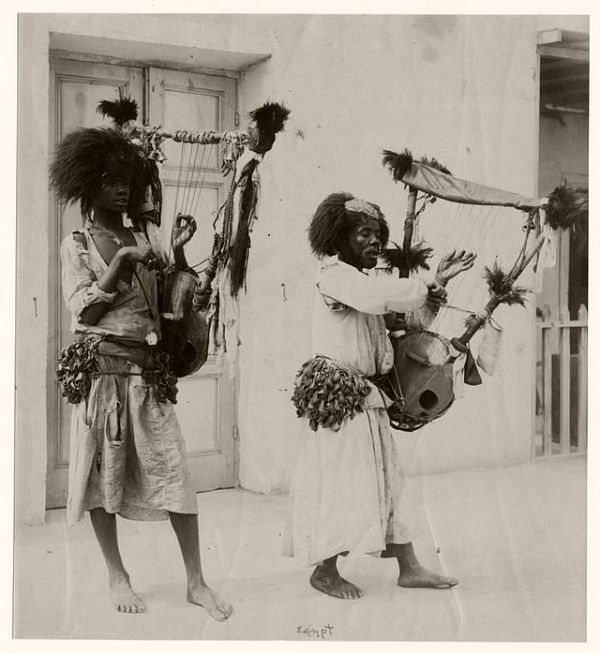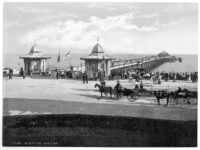Egypt under the Muhammad Ali dynasty remained nominally an Ottoman province. It was granted the status of an autonomous vassal state or Khedivate in 1867, a status which was to remain in place until 1914.
The Suez Canal, built in partnership with the French, was completed in 1869. Its construction led to enormous debt to European banks, and caused popular discontent because of the onerous taxation it required. In 1875 Ismail was forced to sell Egypt’s share in the canal to the British government. Within three years this led to the imposition of British and French controllers who sat in the Egyptian cabinet, and, “with the financial power of the bondholders behind them, were the real power in the Government.”
Other circumstances like epidemic diseases (cattle disease in the 1880s), floods and wars drove the economic downturn and increased Egypt’s dependency on foreign debt even further.
In later years, the dynasty became a British puppet. Isma’il and Tewfik Pasha governed Egypt as a quasi-independent state under Ottoman suzerainty until the British occupation of 1882.

